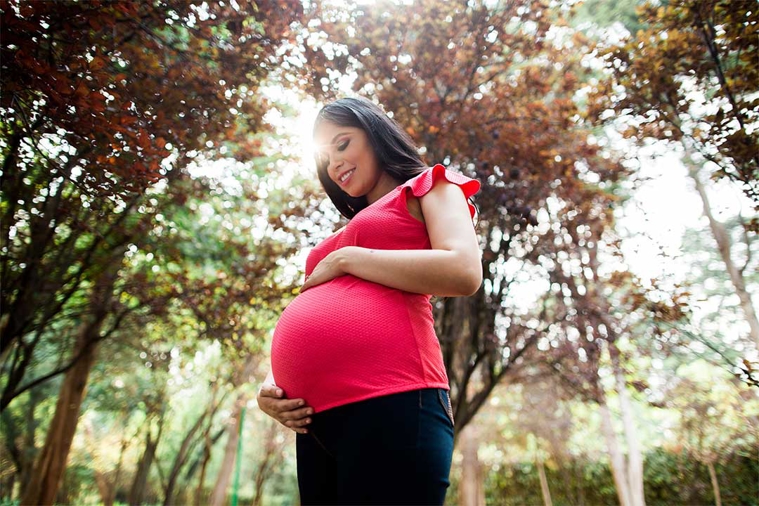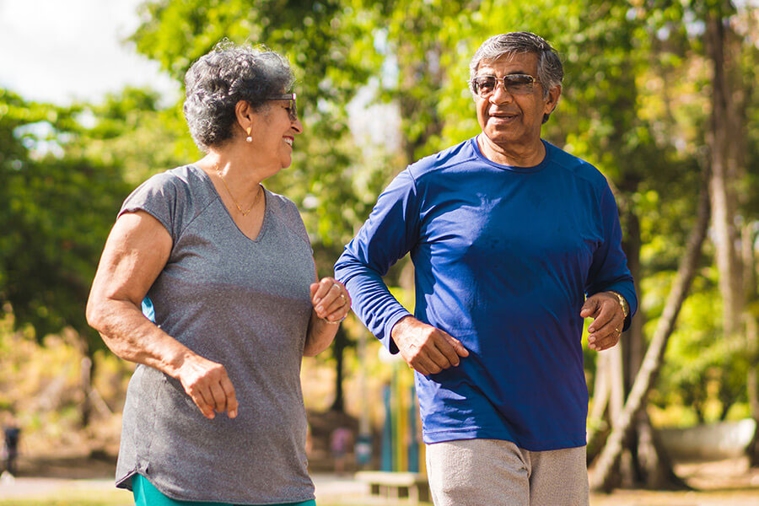
What to expect for your first colonoscopy: 8 questions, answered
If you’re preparing for your first colonoscopy, you probably have lots of questions. Here are eight common questions and answers for first timers.
Q: I've heard that preparing for a colonoscopy is the worst part. What can I expect in the days leading up to my procedure?
A: It’s true—most people find that preparing for the procedure is the worst part. The day or two prior to your colonoscopy, you will be given medication to help “clean” out the colon and will be on a clear liquid diet. You should be prepared to be close to a bathroom during this time period. Some people can get some irritation around their rectum from the frequent bowel movements. You may use an over-the-counter barrier cream to help soothe the irritation.
Q: I've never been under sedation before and I'm worried. What can I expect? Are there alternatives to general anesthesia during a colonoscopy?
A: You will only be lightly sedated but will be given a medication that keeps you from feeling pain and gives you amnesia about the procedure itself. In fact, many people are awake and talking to the doctor during the procedure and can move themselves. This sedation is not as deep as the type of anesthesia you would experience for an invasive surgery (such as for having your appendix or gallbladder removed).
When you “wake up” (or begin remembering again), you may be slightly groggy, but most people feel fine and experience no after affects. However, it is recommended that you have someone with you for the 24 hours post-procedure just in case you have a complication.
It is possible to have a colonoscopy without sedation, but most people cannot tolerate the discomfort of the procedure. This option is usually reserved for people who cannot have anesthesia due to prior reactions to those medications.
Q: How long will the procedure take?
A: The procedure itself only takes about 30 minutes, but with the preparation and recovery period you will be back in the procedure area for about two hours.
Q: What happens during a colonoscopy?
A: During the colonoscopy, the doctor will place a long flexible tube through the anus into the rectum and throughout the colon. The doctor then uses gas to inflate the colon and water to rinse areas as needed, so he or she can view all of the walls of the colon. A camera and a light at the end of the tube allow the doctor to see and record the rectum and colon.
Q: What happens if the doctor sees a polyp?
A: All colon cancers start in polyps, so when the doctor sees a polyp, she or he will use a wire snare to cut the polyp off at the base. A basket pulls the polyp out, and it is sent to the pathologist to examine for signs of cancer. Because of this, a colonoscopy does not just find cancers, it can actually prevent cancer from forming over time.
Q: What can I expect when the procedure is over? Can I leave the same day? How soon afterwards can I eat?
A: You will spend about an hour in recovery waking up. You are expected to drink some fluid and may be given some crackers to make sure you can tolerate food. You should be able to leave shortly after your stay in recovery, the same day. You should be able to eat as soon as you feel up to it, the same day.
Q: How soon will my results be available, and what can I expect as a follow-up to my colonoscopy?
A: Your results may take up to a week to come back and you should expect a phone call or a message from your doctor with the results of any polyps or other abnormal findings. If your colonoscopy was normal and no polyps were found, your doctor may tell you the same day.
Q: How often do I have to get a colonoscopy?
A: Usually, a colonoscopy is recommended every 10 years. If you have polyps or if something else abnormal is found, your doctor may recommend more frequent colonoscopies. Talk to your doctor about your colonoscopy results to find out when your next procedure is recommended.



